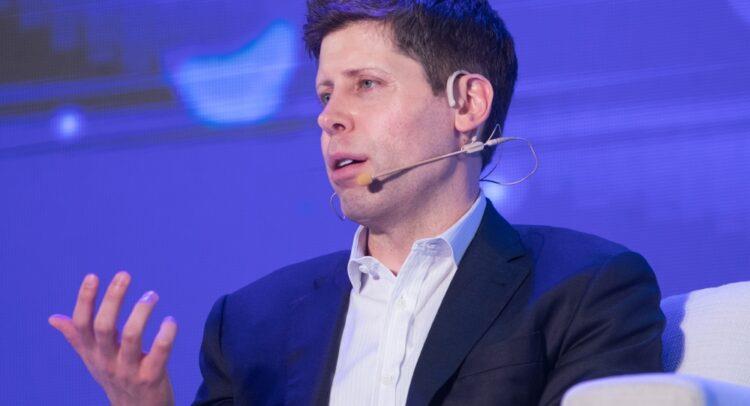
Sam Altman Teases Advances In GPT-6
Sam Altman, the CEO of OpenAI, has once again shifted the focus to the next evolution of artificial intelligence: GPT-6. With GPT-5 just beginning to take hold in various sectors, Altman is already laying the groundwork for what's to come. Unlike the extended gaps between earlier versions, such as GPT-4 and GPT-5, the trajectory towards GPT-6 is expected to be significantly quicker. This fast-tracked development signals not just incremental improvements but transformative shifts in how AI interfaces with users.
The core innovations expected in GPT-6 will revolve around memory, adaptability, and hyper-personalisation. Altman has been vocal about creating AI systems that are not just reactive but proactive, anticipating user needs and adjusting to their preferences. This could mean an AI that remembers past interactions over time, learns from them, and tailors responses in a way that feels far more intuitive than anything we've seen with GPT-5 or its predecessors. The concept of“memory” in AI is a topic of increasing interest within the tech world, where companies are grappling with how to ensure user data is both helpful and protected.
One of the key objectives of GPT-6 is to create chatbots that are deeply integrated into the user experience. These bots would be able to recall context over multiple sessions, rather than relying solely on the current interaction. For instance, if a user discussed a project in a prior conversation, GPT-6 would be able to recall the details and provide ongoing support without the need for the user to remind it. This marks a significant shift from the stateless nature of current conversational models.
See also AI-driven video tool creates original series in minutesThis memory capability is also expected to be highly customisable. Users could set parameters on what the AI remembers, how it recalls information, and for how long. This would give individuals more control over their data while still enjoying the benefits of AI that adapts to their needs. Privacy and ethical considerations will likely be a focal point as OpenAI fine-tunes these capabilities, as the balance between functionality and security remains a critical issue for users.
The adaptability of GPT-6 is also expected to extend beyond simple memory. Altman has hinted at the possibility of more sophisticated neural architectures that could allow the model to adapt to a wide range of tasks, from creative writing to complex problem-solving, without requiring extensive retraining. This level of flexibility would open up new use cases, especially in fields like education, healthcare, and customer service, where personalised solutions are in high demand.
The AI will be able to fine-tune itself on the fly based on interaction patterns. For example, GPT-6 could discern whether a user prefers concise answers, more elaborate explanations, or even a particular tone in communication. As the system becomes more aware of user preferences, it would enhance the overall experience, offering a service that feels less like interacting with a machine and more like speaking with a well-informed assistant.
Another anticipated leap with GPT-6 is the improvement of multimodal capabilities. While GPT-5 is already capable of processing both text and images, GPT-6 is expected to expand on this by integrating additional modes of communication, such as video or voice, into its understanding and output. This would further blur the lines between human-computer interaction, making the exchange feel more natural and human-like.
See also Android Users Lead in Mobile Security PracticesAs OpenAI continues to make strides in this direction, industry experts are paying close attention to the implications. If GPT-6 can indeed deliver on these promises of smarter memory, adaptability, and customisation, it could revolutionise sectors ranging from e-commerce to healthcare. For instance, chatbots in customer service could provide personalised recommendations based on prior interactions, helping businesses create stronger relationships with their clients.
Notice an issue? Arabian Post strives to deliver the most accurate and reliable information to its readers. If you believe you have identified an error or inconsistency in this article, please don't hesitate to contact our editorial team at editor[at]thearabianpost[dot]com . We are committed to promptly addressing any concerns and ensuring the highest level of journalistic integrity. Legal Disclaimer:
MENAFN provides the
information “as is” without warranty of any kind. We do not accept
any responsibility or liability for the accuracy, content, images,
videos, licenses, completeness, legality, or reliability of the information
contained in this article. If you have any complaints or copyright
issues related to this article, kindly contact the provider above.

















Comments
No comment